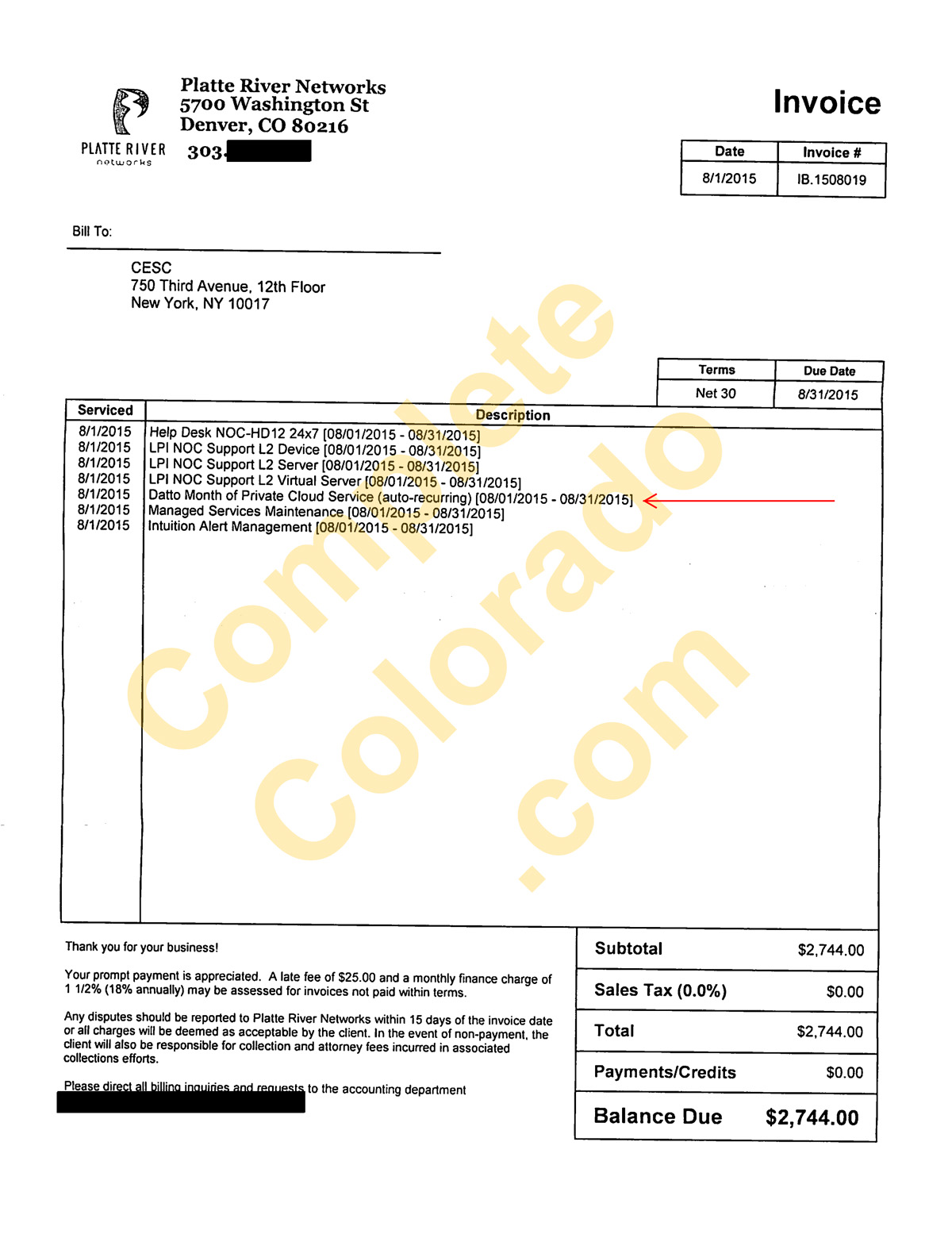Brian Pagliano, the part time IT person hired by Hillary’s company called Clinton Executive Services Corporation has already cooperated with the FBI by turning over records from the server.
Politico: Logs for Hillary Clinton’s email server turned over to the FBI by a former aide to Clinton show no evidence of suspicious foreign traffic or hacking from abroad, a person familiar with the investigation said. The records were provided to the FBI by former Clinton information technology staffer Bryan Pagliano, according to the source, who spoke on condition of anonymity. Pagliano worked at the State Department but was also involved in setting up the server at Clinton’s Chappaqua, New York, home. More here.
Hillary did have phishing emails on her server but she did not open those emails. Attempts were clearly made, and for sophisticated hackers, there may be have some successes into her server where no cyber intrusion DNA would be glaring or found.
Special counsel to investigate Hillary urgently needed
TheHill: March at the United Nations, Hillary Clinton stood in front of the world and lied when she stated: “I did not email any classified material to anyone on my email. There is no classified material.”
As a former U.S. attorney, I believe we must follow the evidence. In this case the evidence leads to one place—an urgent need to appoint special counsel to investigate this most serious breach of national security.
Since the State Department started its monthly release of Clinton’s emails from her time as secretary of State, the evidence has shown that she recklessly communicated with her staff and top political advisors with no regard for the security of classified material that the American people entrusted her to handle ethically and intelligently.
While the much-publicized events and revelations regarding this situation had already made a strong case for special counsel to be appointed, one particular recent discovery has made it absolutely imperative. Not only did Clinton’s emails contain over 1,700 emails with classified information, they contained SAP information—information classified at a level beyond top secret. This information was, and remains, such a security risk that the State Department refused to release even heavily redacted emails—it simply was “too damaging” to release in any form. At this point, there is no doubt Clinton’s actions put our nation at risk.Perhaps the need for special counsel would not be as clear and urgent without the troubling track record Clinton has had with the truth in this matter. Chief among the many examples is that her story has changed from claiming she didn’t traffic in any classified material to she didn’t send anything “marked classified,” while continuing to deny she did anything wrong. This attempt to excuse her behavior is simply not relevant—she was entrusted to keep marked and unmarked classified information secure. She created the emails containing the classified material, and it would be absurd to think her failure to mark a document as classified would excuse the mistreatment of the information. Further, she continued to store classified information in an unsecure manner for years. Though she claims to have done nothing wrong, the evidence directly contradicts her public statements.
Polling has shown that over the years the American citizens’ trust in government has eroded. This is due, at least partly, to situations like this, where politically powerful individuals make statements that are completely contrary to the evidence, and are not held to the same standards as everyone else. Ironically, it was President Clinton who in 1994 called the independent counsel “a foundation stone for the trust between the government and our citizens,” and “a force for government integrity and public confidence.” Although independent counsel is no longer available, the sentiment remains equally applicable to the appointment of special counsel.
While I am encouraged the FBI is seriously investigating Hillary Clinton’s treatment of classified information, it is imperative someone independent from the administration is appointed. Our justice system is built on unbiased and equal treatment. The political and personal ties between the president and Hillary Clinton prohibit this—President Obama appointed Clinton to the position and has practically endorsed her presidential bid. Both Clinton and Obama have made statements about the criminal case, indicating the outcome of the investigation would be favorable to Clinton in spite of the evidence. The American people need to know that when the evidence dictates, even a politically powerful individual will be held to the same standard as all other citizens. The integrity of the justice system requires appointment of special counsel with broad jurisdiction to investigate and prosecute any criminal violations discovered as the result of the use of Clinton’s private email system or discovered from the release of those documents.
It is a rare occurrence to appoint special counsel. But it is also an unprecedented circumstance to have a secretary of State set up a private email server in her home to transmit classified information and expose the nation to security risks, and for that individual to then run to be commander in chief for the next four years. Given the facts of this case—that it involves information at the highest echelons of our national defense and security, that the individual involved has misled and deceived at every turn, and that a clear conflict of interest exists with the Executive branch—no subjective person can believe the truth will be unearthed without a special counsel.
The American people deserve the truth, this tool will provide it, and on behalf of the American people—it should be deployed immediately.


